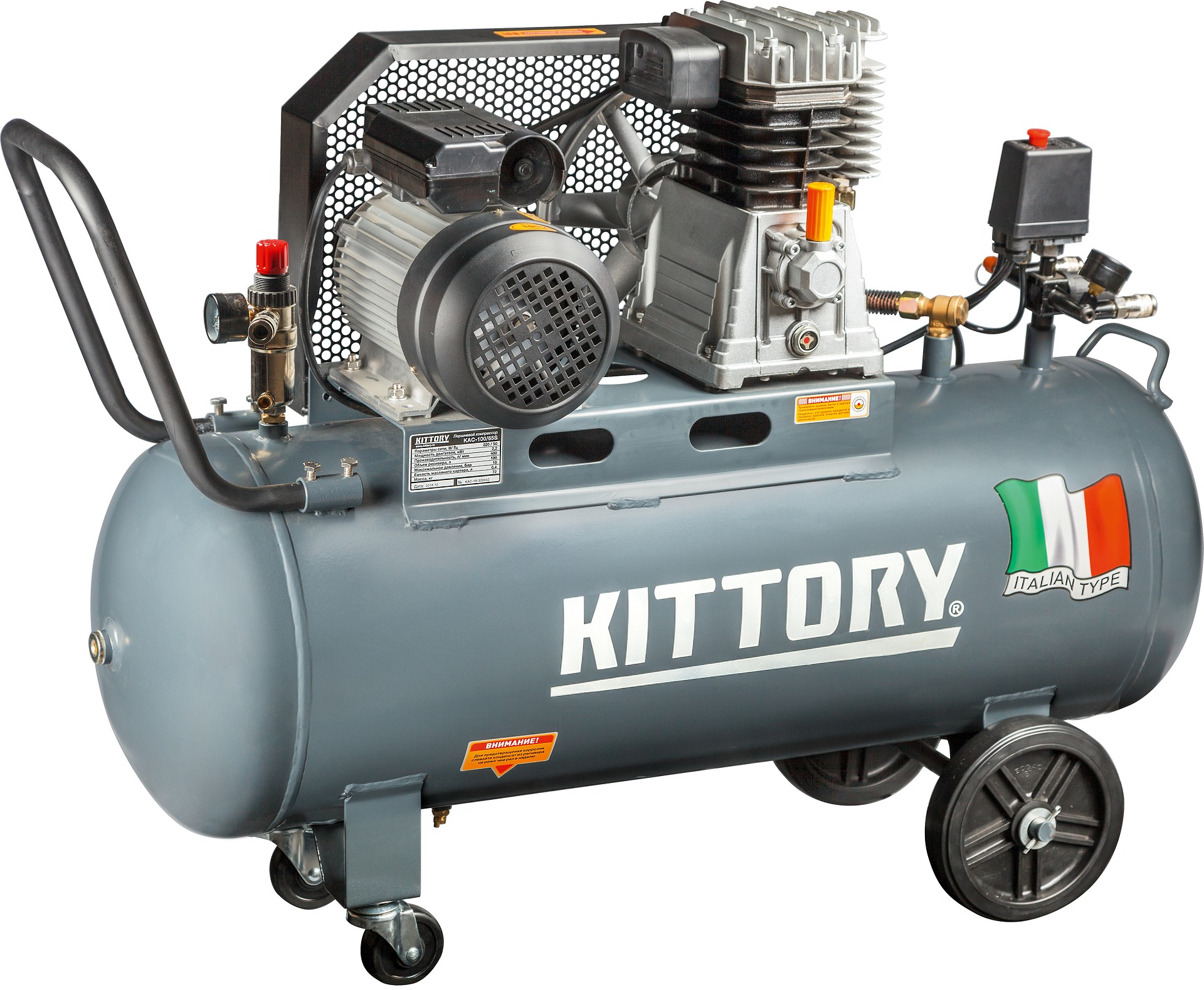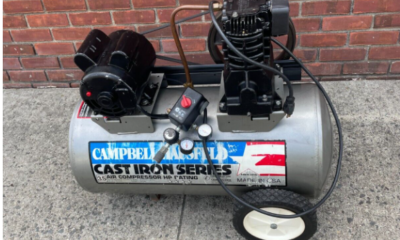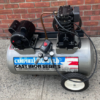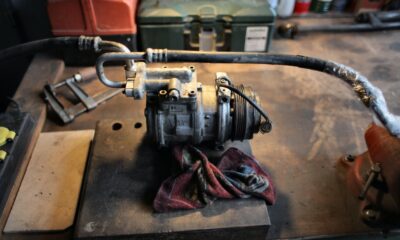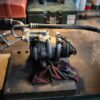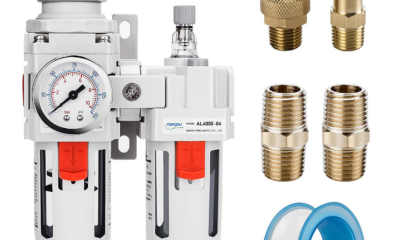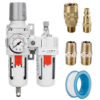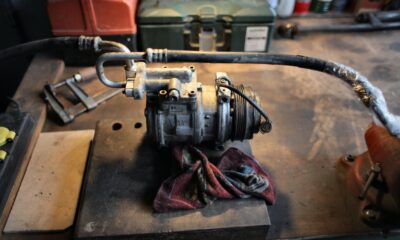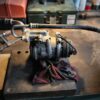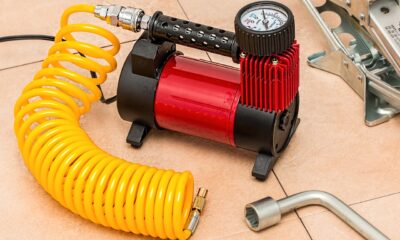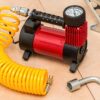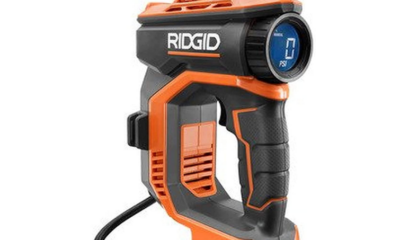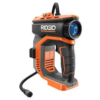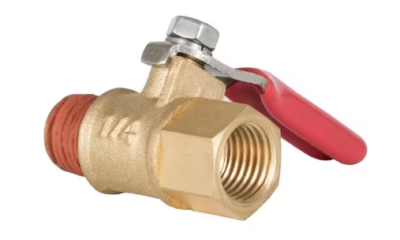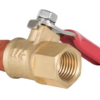what size air compressor for home garage
An air compressor is an indispensable tool for any home mechanic or DIY enthusiast. Whether it’s for painting, inflating, dusting, or air tools, the versatility of an air compressor is unmatched. But choosing the right size for your home garage requires careful consideration. This guide will help you determine the best size air compressor for your needs, with focus on factors like tank size, power requirements, and the specific tasks you need the compressor for.
Best Size Of Air Compressor for Home Garage
To select the right air compressor, start by checking the highest value CFM (Cubic Feet per Minute) and PSI (Pounds per Square Inch) of your tools. Multiply the CFM by 1.5 to get the required margin for safe and efficient use. For example, if you have a spray paint gun that requires 5 CFM at 90 PSI, opt for a compressor that delivers at least 7.5 CFM at 90 PSI. The size of the air compressor tank determines how much air you can use before it needs to be refilled. A 60 to 80-gallon tank suits most home garages or small workshops, but smaller 8 or 10-gallon models may also suffice if portability is a priority.
Things to Consider When Choosing the Right Air Compressor for Home Garage
Here are some important considerations when choosing an air compressor for your home garage:
| Factor | Description |
| Maximum Pressure | This indicates the highest pressure capacity of the air compressor, which can give you an idea of its output capacity. |
| Capacity | This refers to the compressor’s ability to hold compressed air. Smaller tanks offer less capacity but might be more compact, whereas larger ones may have installation challenges. |
| Motor Rating | The power of the motor impacts how quickly the compressor can pressurize air, affecting the speed of output from the tank. |
What Size Air Compressor Do I Need for Air Tools?
Size, in air compressor terms, doesn’t refer to its physical dimensions, but its ability to handle the work you plan to do. Air capacity (CFM and PSI), energy source (electric or gasoline-powered), and the compressor’s design and overall configuration are critical considerations. You also need to consider these additional factors:
- Air Pressure: The air pressure, measured in PSI, indicates how much air the compressor delivers. Higher PSI measurements mean the unit produces more air volume.
- Air Delivery: This measure, expressed in CFM, shows how much air a compressor can pump in one minute.
- Power: Compressor power includes the horsepower and the power supply.
- Tank Size: The size of the tank determines how often a compressor can run before needing to pressurize more air.
- Duty Cycle: This measure shows how often a compressor can run before it needs to pressurize more air.
- Configuration and Air Capacity: Your operating needs determine the air compressor type and capacity you require.
How We Chose The Best Air Compressor
Selecting the best air compressor involves considering capacities, reviews, warranties, and reputations, and combining these with personal experience. We also evaluated motor ratings and the maximum pressure that each model could produce. It’s always a good idea to step up to the next larger size if you’re in doubt. Air compressors are an investment, so always prioritize quality and suitability for your specific garage and shop use.
Takeaway
In conclusion, the size of an air compressor for a home garage depends on the specific requirements of the tools and applications you intend to use. It’s essential to consider factors such as tank size, PSI, CFM, and power source while making your choice. Remember, the best air compressor size is one that balances functionality, portability, and efficiency to meet your home garage needs.
Frequently Asked Questions
1. Why is a bigger compressor better?
A bigger compressor can supply peak demands more adequately. If a compressor isn’t sized large enough, system pressure might fall when you need it most. However, large compressors also consume more power when running unloaded, which can lead to inefficiency.
2. Does compressor size matter?
The size of your compressor depends on your power source and tank size. Larger air compressors may require a higher voltage. The tank size influences how long you can use your compressor before it needs to fill up with air again.
3. What is the average size of an air compressor?
The average size of an air compressor depends on its usage. Small, portable compressors are great for hobbyists, while construction crews may need larger, higher-pressure models. Tank sizes range from 1 gallon to 80 gallons, but for most teams, around 20 gallons should suffice since larger compressors are harder to store.
Shaleen is a Journalism postgraduate, and like every other gen-z, loves a good dose of humor, Italian food, fashion trends, and TV series. She is an acomplished author and expert in the field of air compressors. Shaleen discovered her passion for technical products and gadgets early in life, which drove her research and write about it.

